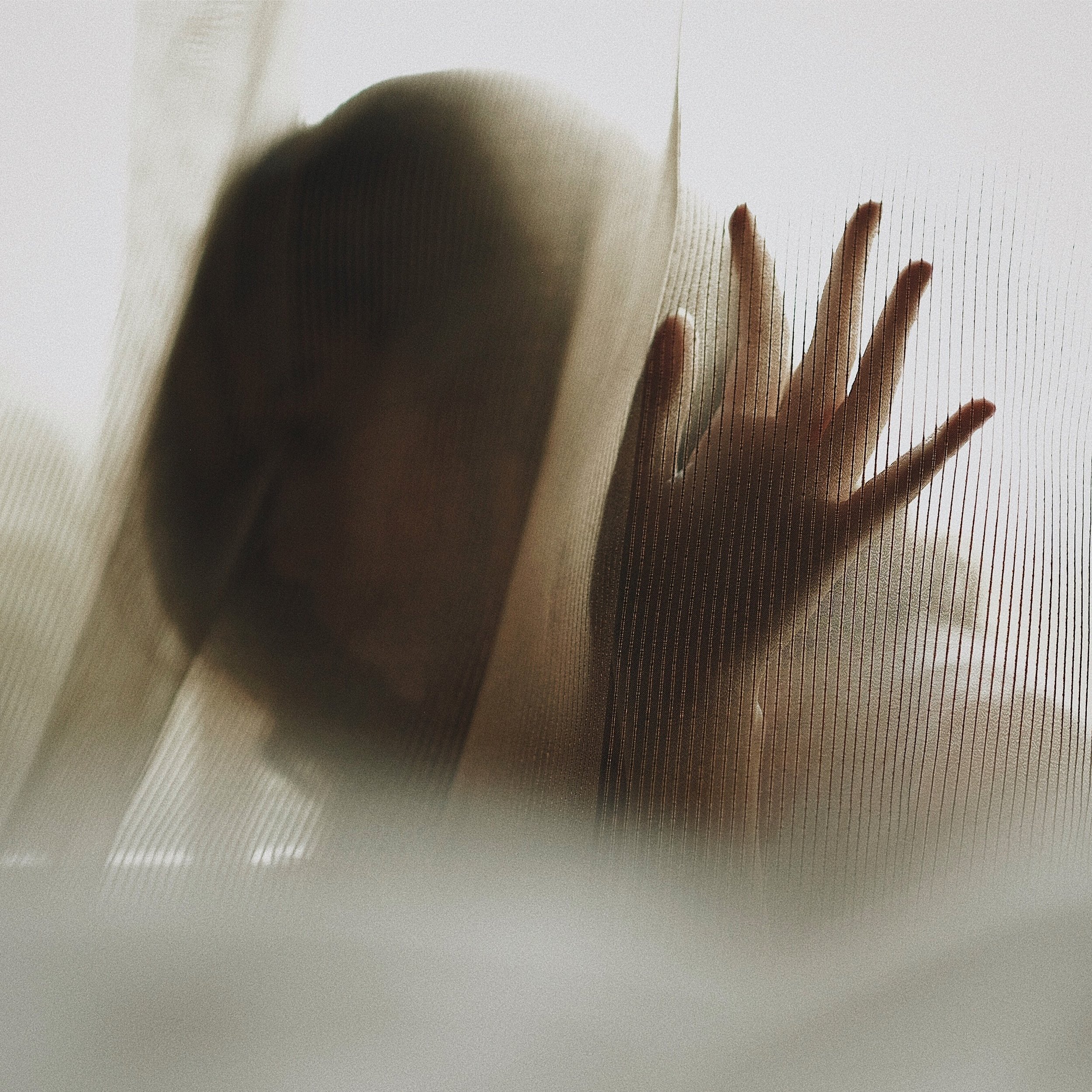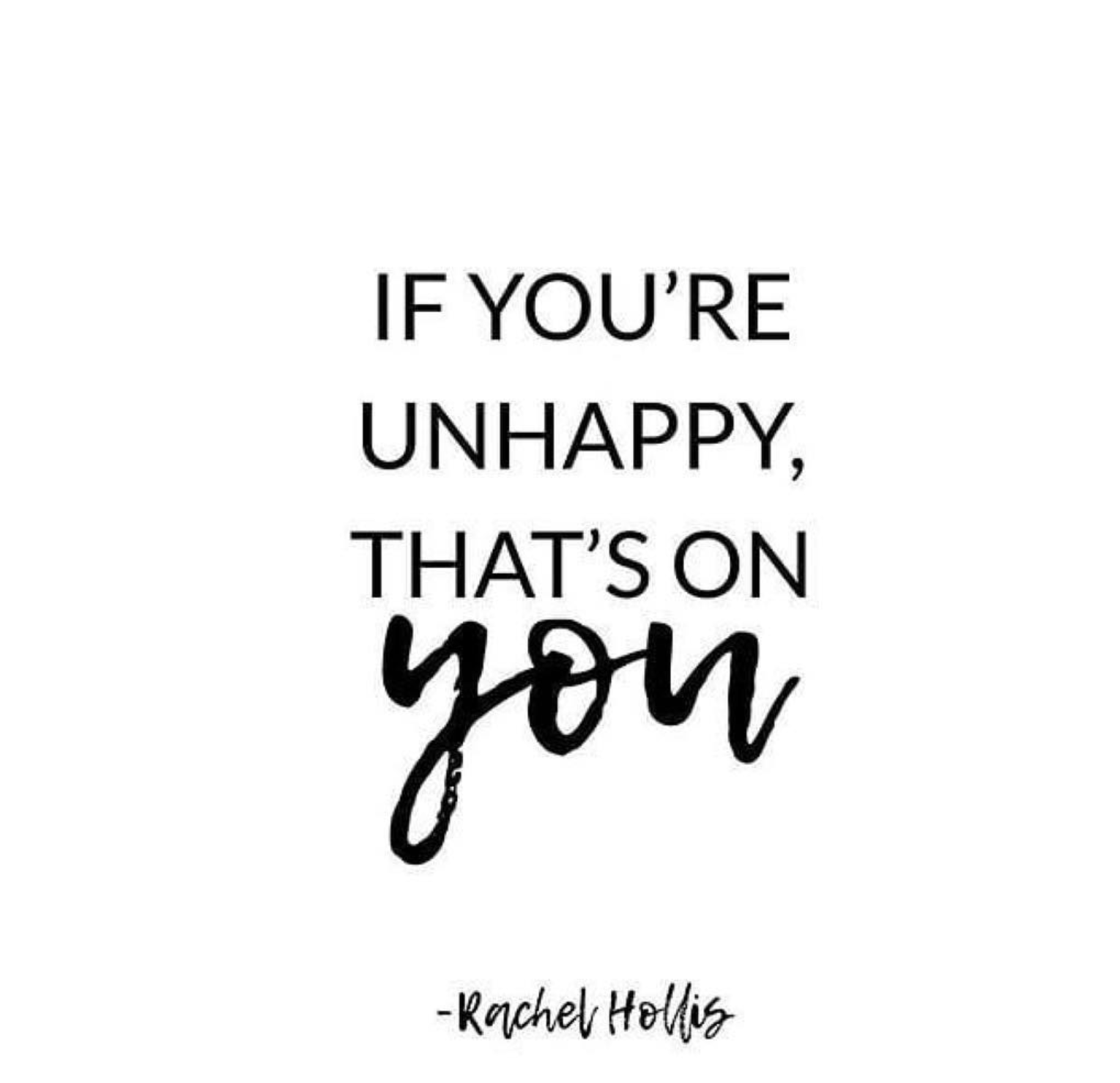Nothing lasts forever
If my story can show one person who is struggling that there is a way through, then sharing it is worth it.
by Tracey Robertson
After a troubled childhood involving divorce, disability, and sexual abuse, I started self-harming at the age of 12. In early adulthood, I encountered domestic violence, several bereavements including one of my own child, rape, stalking, and a heroin addiction all while struggling at university. I ended up graduating with respectable honours in Law in 2011 which was a proud achievement for me.
My story really starts in 2012 following the birth of my son. I had been on antidepressants for a while and was managing well on them. The midwife told me if I felt happy I should come off my medication which I did—immediately. Looking back, this was a huge mistake as it should have been done slowly and under the direction of my GP. I was a single mother juggling work and a part-time college course while running a house and adjusting to motherhood. It was unsurprising that I developed severe postnatal depression aged 23. I engaged in psychotherapy but it didn’t help much. When my son turned 14 months old, I decided the only way out of my personal hell was to end my life. I took a massive overdose. I was sectioned that night in August 2013. This admission to my local mental health hospital started years of being a revolving door patient, which meant I spent time in hospital, stabilised, was discharged and then became unwell again and was re-sectioned. For me, it was like sticking a plaster on an open wound when what I needed was stitches and healing. I was diagnosed with depression, anxiety, complex PTSD and Emotionally Unstable Personality Disorder. My decision to kill myself that night cost me my career, relationships and—to my devastation—custody of my son.
I continued to experience failure, rape, and stalking, and my mental health deteriorated to the point I was overdosing three to four times a week ending up in resus many times, cutting myself all over my body and attempting to throw myself off bridges and hang myself.
In December 2016, I left a suicide note in my flat and my best friend/on-off partner found it. She called the police. She went looking all around the city for me and eventually found me on a bridge above a railway track, threatening to jump. Bravely, she climbed over the barrier and held onto me until the police found us. She pulled me back from the bridge. I was taken to a place of safety by the police and later sectioned under the Mental Health Act. I spent my third Christmas in a row in hospital. I woke up to the sounds of alarms instead of the excited screams of my little boy. In February 2017, I was granted a lot of money to go to a private rehabilitation unit for people with complex mental health difficulties and personality disorders.
I spent 16 months in rehab compiling my coping toolkit. I was under an excellent psychiatrist and I engaged in all therapies offered including CBT-based distress tolerance skills, mindfulness, a programme called STEPPS (Systems Training for Emotional Predictability and Problem Solving) and exposure therapy. I learned how to control and regulate my emotions.
The way I describe it is people tend to be able to express their emotions quite normally; for example, the body/mind switches tears on automatically whereas I had to learn to flick the switch manually.
I left rehab in June 2017 with a whole toolbox of coping strategies, as well as a recovery scrapbook full of positive quotes and the positive poems I have written which helps in times of need.
Since discharge I have struggled but I have managed to stay out of hospital which is a huge achievement for me. I’ve been under the Home Treatment team (more commonly known as the Crisis Team), changed medications under the direction of my new psychiatrist who is thorough and understanding, and learned to enjoy life.
In 2017 the story about my then partner jumping over the railings to save me (back in December 2016) featured in a new campaign by the Samaritans ‘Small Talk Saves Lives’. Of course, they didn’t advocate that everyone should do what my partner did but simply shared the message that a little small talk can start someone on a journey to recovery, help break their thoughts and ultimately, save a life. It was a very proud moment when it was released to the media, and very cathartic to be a part of. I waived my right to anonymity on social media about a year after it was released because I’m so proud of my progress.
I started a Happiness Journey blog on social media where I post things that inspire me or that I am grateful for. It is mostly to do with life improvement, mental health awareness and gratitude. I have a newfound love for life. I’m not saying it’s a breeze or a walk in the park but it’s definitely a lot easier. I remind people that the bad thing is ‘nothing lasts forever’, but equally the good thing is ‘nothing lasts forever’. I keep daily gratitude journals because I love writing, and I think it’s healthy to focus on the positives of the day. Days can be long, tedious and overwhelming especially when you’re poorly but I wholeheartedly believe there is always something you can be grateful for, or be positive about, and that makes dark days a lot easier to handle. I also wrote a letter to my poorly self and challenged everything I normally say when I’m unwell.
I credit rehab for healing my wounds, a good CPN for keeping me grounded and my now fiancée for saving my life and giving me hope. Without her I would not be alive, well, happy and looking forward to the future.
I lost the majority of my 20s to mental ill health and I turn 30 in January 2019.
By my 30th I plan to be CPN-free, reduced on medication and I have decided to embrace the fact. On my 29th last January I was dreading my next milestone birthday. But to be honest, five years ago I didn’t think I’d make it this far.
My son has a well mother, my fiancée has her future wife back, I work full time in a job I love and I honestly couldn’t be happier. If my story can show one person who is struggling that there is a way through and that the life they think they don’t deserve is coming then sharing it is worth it. ■



















Taking your mental health diagnosis into your own hands